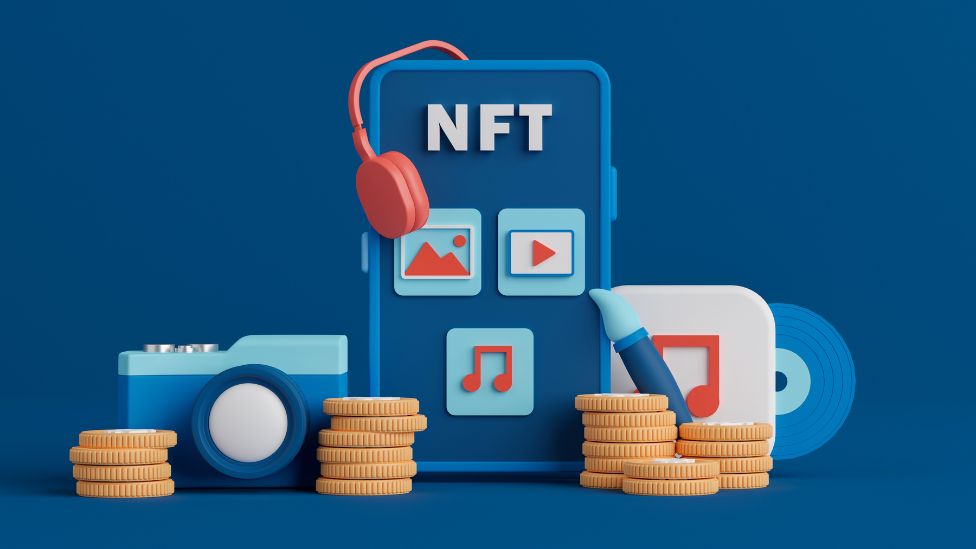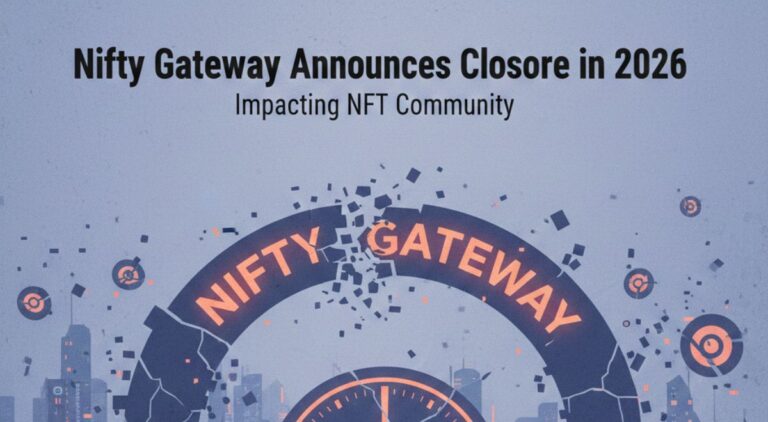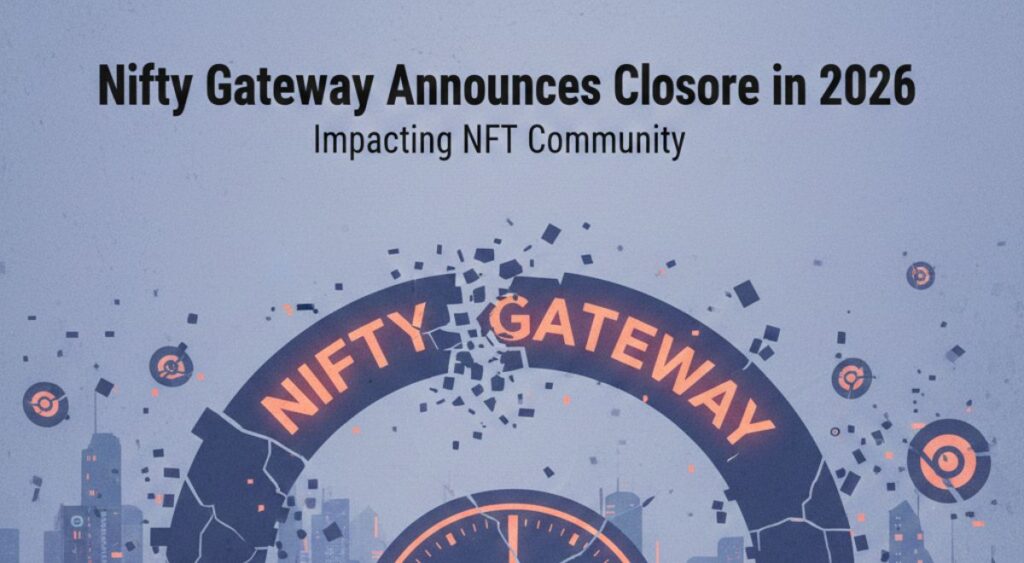NFT stamps, the newest invention from the Indonesian postal office, allow users to buy and collect digital stamps with distinctive designs that have been verified by blockchain technology. With the use of contemporary digital innovations and traditional philately, this effort seeks to give stamp collecting a whole new meaning.
Complying with Worldwide Digitization Patterns
The global postal systems are moving toward digitization, and this is reflected in the introduction of NFT stamps. In addition to providing the Indonesian postal service with a new source of income, it also serves the country’s burgeoning younger, tech-savvy customer base. Following international trends, the postal service guarantees the legitimacy and ownership of every digital stamp by utilizing blockchain technology.
Both functional and collectible stamps
Not only are these NFT stamps digital collectibles, but they can also be used for standard mailing. They unite two disparate groups with their attraction to both traditional stamp collectors and digital art enthusiasts. With this innovation, Indonesia has made progress toward embracing new digital technology while retaining the nostalgic allure of stamp collecting.
The Drive for Digital Integration in Indonesia
The introduction of NFT stamps is in line with Indonesia’s larger objectives for digital transformation. Adding NFTs demonstrates the postal service’s dedication to innovation while keeping a link to its historical roots in stamp collecting, as the nation strives to modernize its services in a cutthroat international market.
Indonesia’s Growing Interest in Digital Assets
Indonesia is becoming more and more excited about digital assets, especially with regard to cryptocurrencies. Due to the growing acceptance of digital currencies, Indonesia was rated seventh out of 146 nations in the Cryptocurrency Adoption Index as of 2023. Indonesia rose to the third position by 2024, demonstrating its active participation in the digital asset market.
Rise in Transactions Using Cryptocurrencies
The amount of cryptocurrency transactions in the nation has increased dramatically; in November 2023, there were over 17 trillion Indonesian Rupiah transacted, up from just 8 trillion in September of the same year. Changes in regulations, such as the 2019 classification of cryptocurrencies as commodities and the 2023 establishment of a state-backed cryptocurrency exchange, have contributed to this expansion.
Putting Mobile First to Accelerate Adoption
With smartphone penetration expected to reach 91% in 2024, Indonesia’s mobile-first approach is a major contributor to the country’s adoption of digital assets. Dogecoin and Ethereum are the next most popular cryptocurrencies after Bitcoin. Notwithstanding these advancements, the nation yet has difficulties, such as the widespread frauds that have affected a large number of ordinary investors.
Rising Ownership of Cryptocurrencies
Roughly 12.2 million people, or 4.4% of Indonesia’s population, are bitcoin holders. This quick acceptance has been driven by the nation’s youthful population and growing interest in digital payments, positioning Indonesia as a leader in the global digital economy.
upcoming changes to regulations
Additional modifications to regulations are anticipated as the bitcoin sector in Indonesia develops further. The Financial Services Authority (OJK) will take over supervision by 2025, which might improve investor trust in the nation’s developing digital asset market and increase market stability.
















